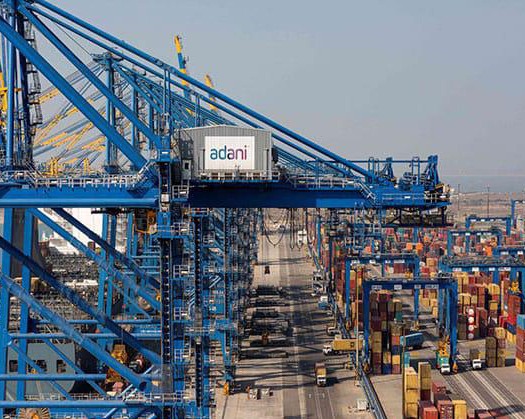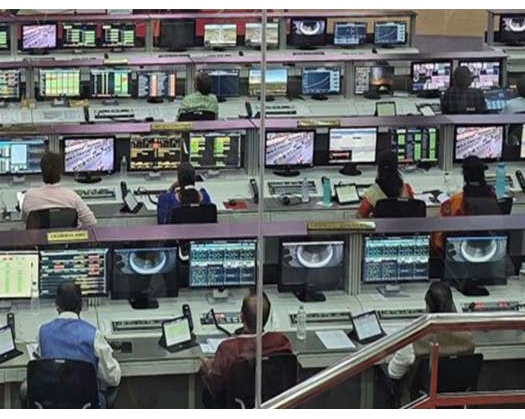Ahmedabad: Adani Ports and Special Economic Zone Limited (APSEZ) established a new record by handling 41. 8 million metric tonnes (MMT) of cargo, the most in the company's history, demonstrating the capabilities of Indian ports on a global scale.
A 17 percent increase over last year is more than a statistic; it reflects the country's quickly changing economic structure and robust basis for infrastructure development.
Adani Ports' outstanding performance was driven by increases in container traffic (+22% year-on-year) and dry cargo (+17% year-on-year). While global port enterprises suffer with recession and geopolitical concerns, APSEZ has not only preserved stability, but also grown quickly.
As of yeartodate (YTD) May 2025, a total of 79. 3 MMT of cargo has been handled, representing a 10% increase year on year. Container handling has increased by 21%, demonstrating APSEZ's operational efficiency and technological advancements.
Adani Logistics handled 0. 06 million TEU train volume (+13% year-on-year) and 2. 01 million MT GPWIS volume (+4% year-on-year) in May 2025. On a YTD basis, rail volume was 0. 12 million TEU (+15% year-on-year), while GPWIS volume was 3. 8 million MT. This demonstrates that the company's strategic emphasis on multimodal logistics infrastructure is beginning to produce positive outcomes.
While other important ports in the country, like as JNPT and Paradip Port, saw growth of roughly 7% and 9% in May, APSEZ outperformed with a 17% increase, indicating its dominance over the competition.
Adani Ports is not only India's biggest private port operator; it is also emerging as a cornerstone of the country's worldwide trade strategy. APSEZ is on the verge of playing an even more important role. The firm is reinventing logistics through multimodal hubs, smart ports, green energy, and digital tracking technology.
The data from May 2025 is more than just a report; it is a glimpse into the transformation occurring in India's logistics and infrastructure sectors. Adani Ports has shown that when strategy, investment, and innovation work together, India can not only become self-sufficient, but also play a leadership role in the global supply chain.










